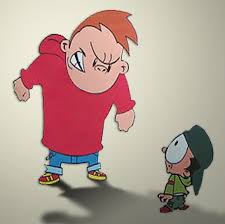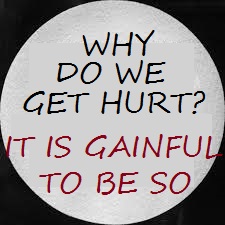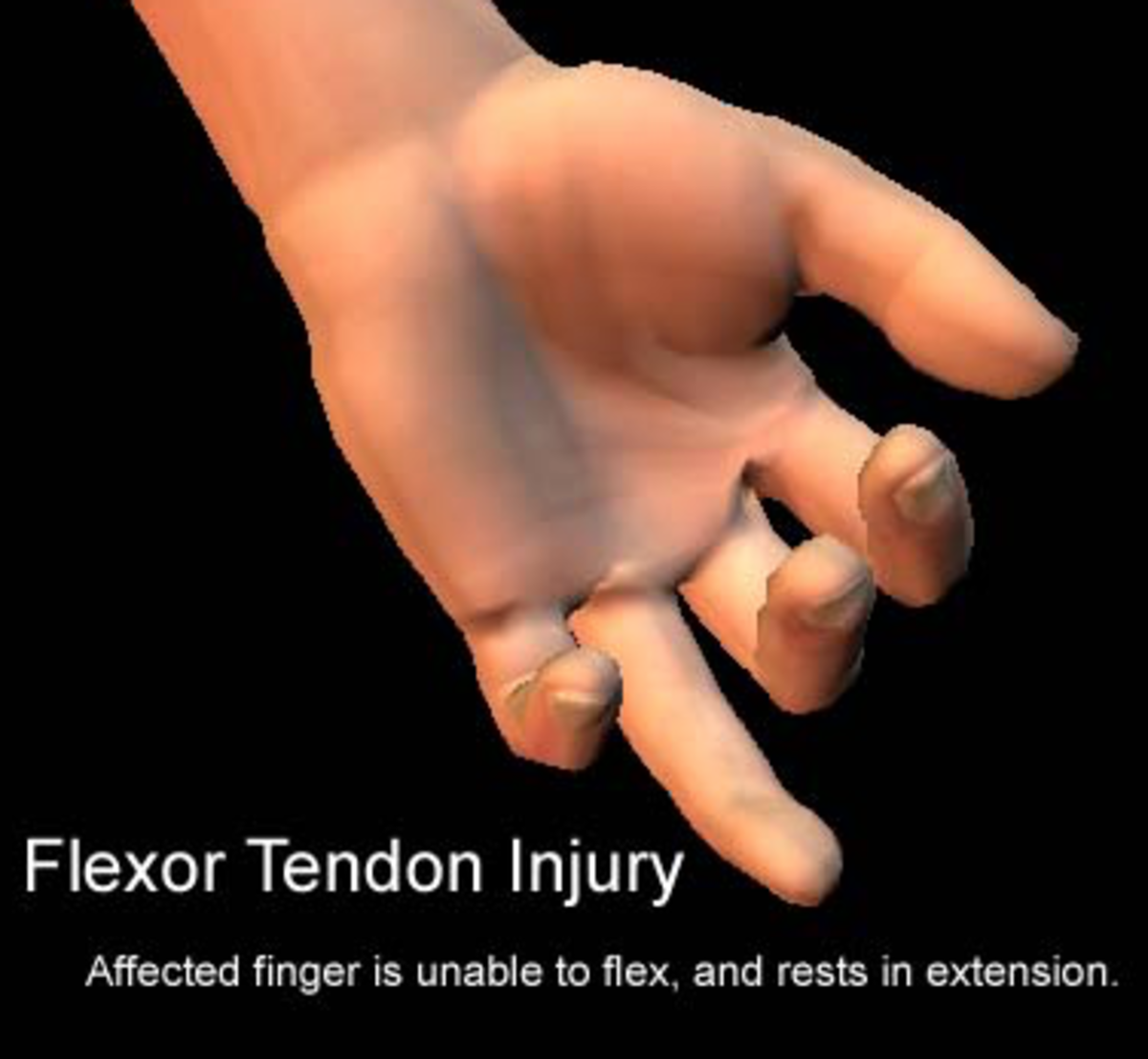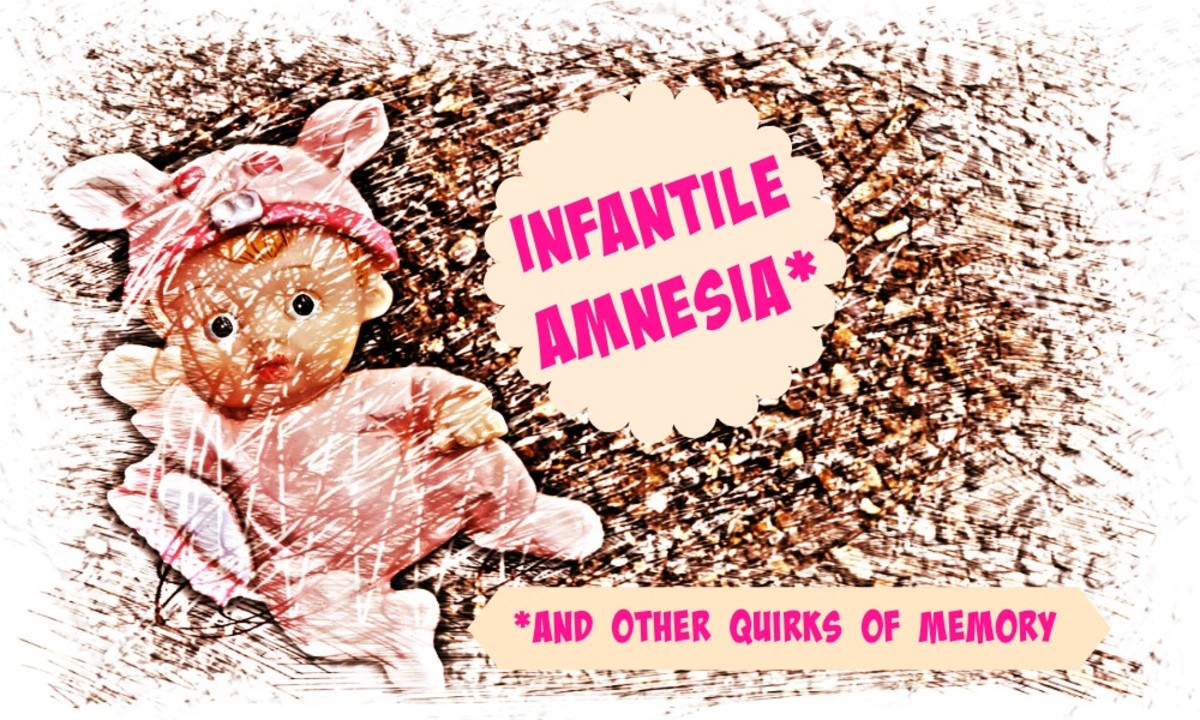Getting Hurt by Words: What is so Special

Getting hurt by others’ words is a very common issue, and all of us face this in life some time. One can also get hurt in many other ways, and that is also one issue all of us face. But what interest me most is our reactions, for we seem to be having entirely different approaches while facing each of these cases, indicating that there is something more to it.

Types of Injury
Let us begin with the latter case and examine a few types of injury and our reactions.
Injury caused by pets: Either one’s own pet or those of neighbors may sometimes misbehave. But the onus is always on those who choose to play with or approach a pet. We are expected to observe it closely, look for any danger sign and conclusively establish friendliness before proceeding. Reaction: Be more careful in future.
Injury from machinery: Sometimes we get hurt or suffer electric shock from common household devices like heaters, fans, pumps, etc. Most common causes include, a chipped wire, a missing safety cover or broken parts. Some other times it might be a fall or some other injury. But the onus is always on us to ensure that the equipment or device is safe before handling it as well as, exercising care while doing one’s chore. Even when we say that the design or construction of the item need to be improved, the prime responsibility of ensuring safety is held to be that of the person who got hurt. Reaction(mild): Be more careful in future. Reaction(severe): You are prohibited from using, handling or doing certain things.

Imjuries caused by words:But when we come to the injuries caused by words or actions, these can be considered as part of a bigger group of incidents that lead to abstract damage. Not giving an appropriate response, refusing to acknowledge or welcome, and insubordination, are some of the other acts that can fall into this group.
These injuries can be considered in two groups:

What Each Type Signify
a) Injury caused inappropriate response: Often we face situations like this, where the difference between the expected reaction and the actual response, hits on our face. Reaction: He(She) is affected by something, or dissatisfied with you(the injured).
b) Injury caused by inappropriate approach: This could include all uncomfortable or offending situations, insulting questions and issues like that. Reaction: He(She) wants to cause you(the injured) hurt.
Now see an interesting twist. In the first case, where injury is caused by external things or actions, the onus is almost always on the injured soul to appropriately raise one’s level of caution. In the second case, not only that the blame of misdemeanor is put squarely on the injurer, but also the injured is condoned if any of his action caused the injurer to act in the manner he(she) did. Moreover, in cases where the injured person can’t be seen as completely blame free, efforts would be taken by all, to give all kinds of justifications to the disorderly conduct, mostly citing extraneous reasons. And if existing literature on the issue is not enough to supply sufficient reasons in that direction, new studies or research will get underway to provide valid ‘excuses’ to ratify the behavior of the injured, that is, the right of the injured to get hurt.
What is the Difference?
This made me think. Why should there be such a difference? When we get hurt by material things, even when there is solid proof indicating to design or material shortcoming, our lack of attention or care, is faulted. Whereas, when the hurt is by words, even when there is genuine proof showing lack of understanding from our side, the other person is faulted for unreasonable, careless or haughty conduct.
I think it is because the idea or the sense transpired by ‘hurt’ is different in both the cases. In the former, where hurt is from external input, it more or less denotes the classical meaning, something causing permanent damage or destabilizing our state of comfort or both. In the latter, where it is entirely up to one, whether to get affected by the spoken words or not, ‘hurt’ indicates to personal choice, a decision largely influenced by ones cultural background.
Another fact I could notice in this imbroglio is regarding our potential to learn from experience, which seems to be missing in this case. Learning is part of human nature, and as far as physical world go, we don’t get hurt repeatedly in the same manner. (People, who continue to get hurt in the same way is a subject of ridicule!) For, after the first instance itself, either by changing the world around us, or equipping ourselves suitably, we would have prepared ourselves to face the world without harm. How is it that the words, sentiments or expressions capable of causing hurt remain unchanged over eras? Neither the ‘offense’ contained in the expressions as intended by the user, nor the ‘insult’ felt by those at the receiving end, have undergone any change. Why?
This indicates to a rather fundamental difference between physical injuries and such abstract wounds. Words can hurt us only when we decide to get hurt, unlike other forms of injuries. That brings us to the most significant question, why should we ‘want’ to get hurt? What do we gain by getting hurt by words?

..And Why
I think helpful results might emerge, if we are to take a few past, such occurrences and, analyze what would have been required from us had we didn’t get hurt. The very act of ‘getting hurt’ could be seen to have saved us from many types of extreme inconvenience, like monetary expenses, additional responsibility, or, letting go of something we hold close to us. And in almost all such instances, the ‘gain’ from the injury more or less balances the unhappiness caused.
That is why we get hurt by words; it is gainful to be so! (Also, some people use this as a tactic for getting what they want) It adds to our defense mechanisms. We can always get hurt, and offer it as a valid reason to act or not to act in a particular way.








